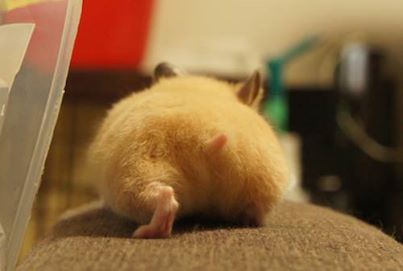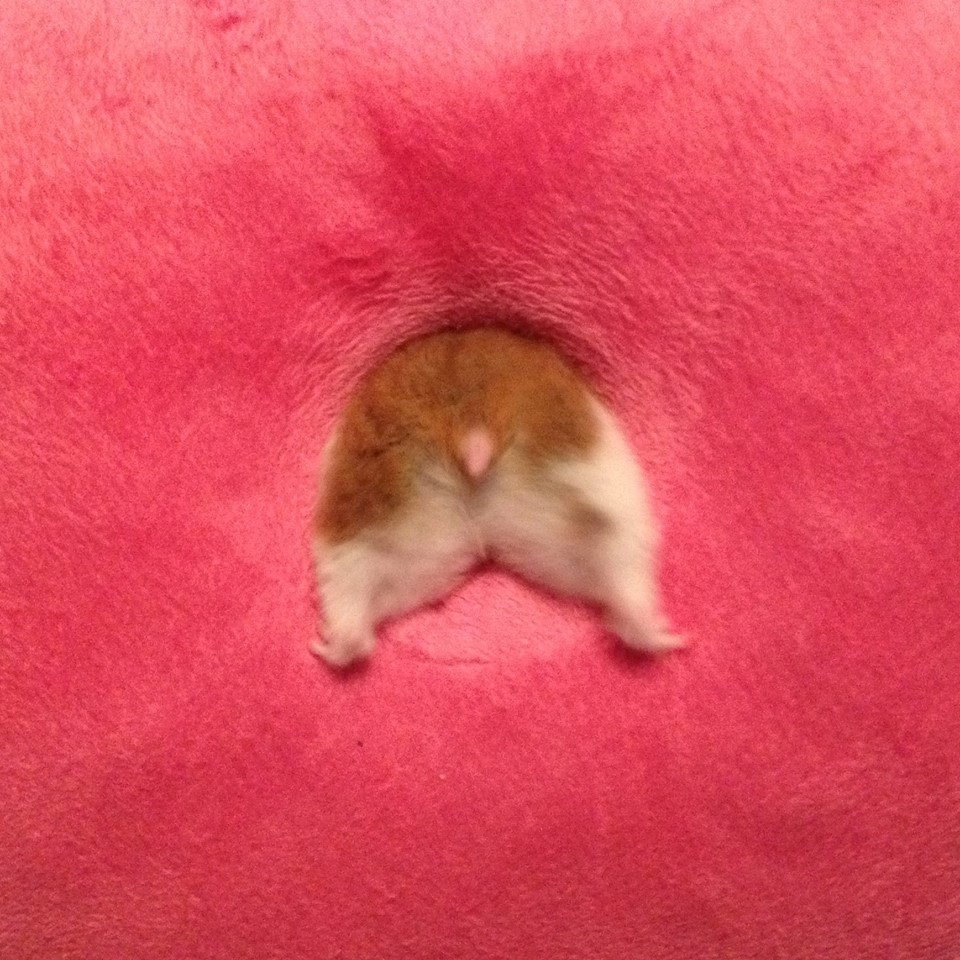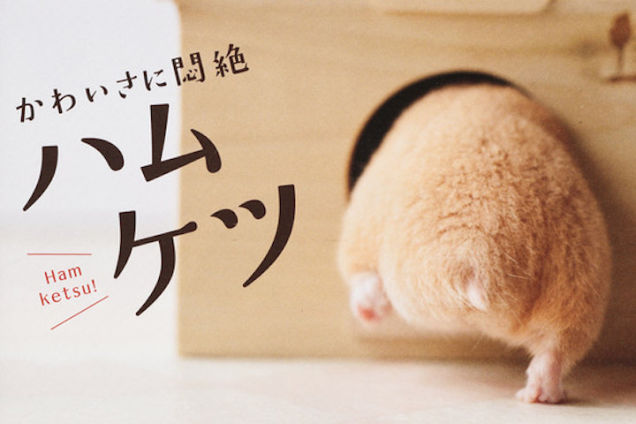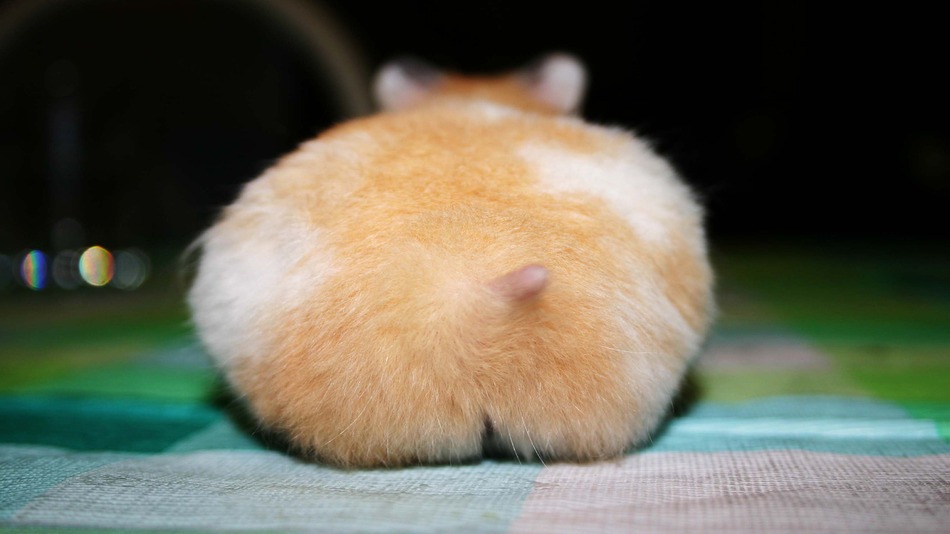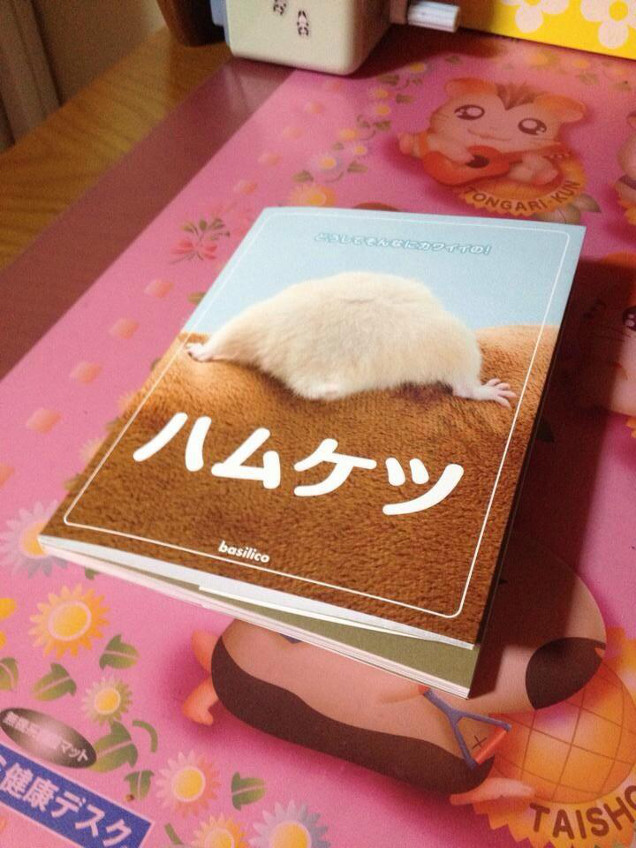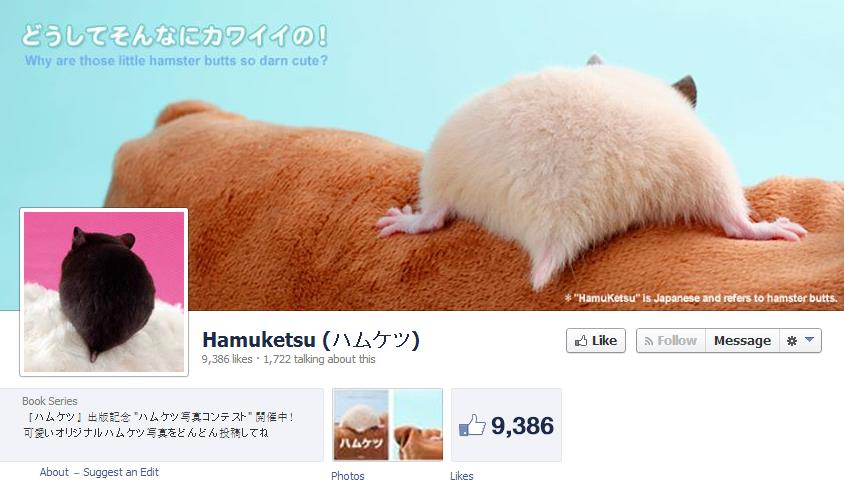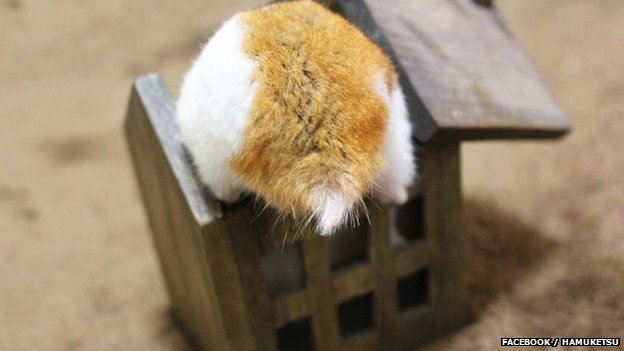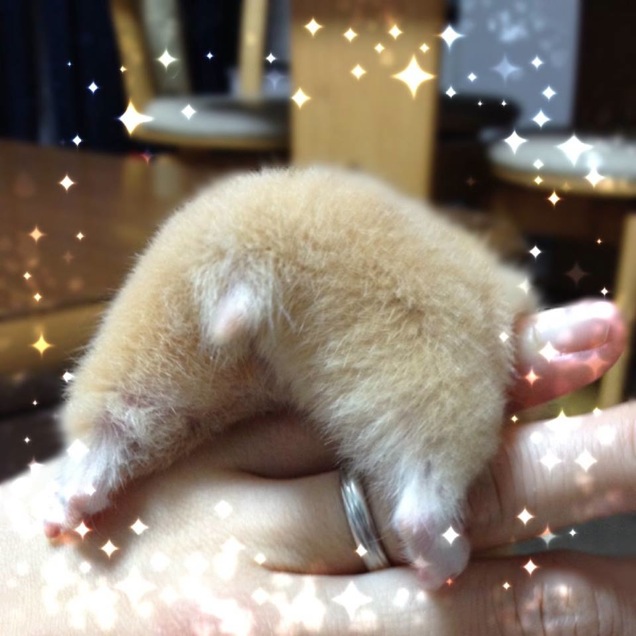[PHOTOS] What's So Special About Hamster Bottoms, The Latest Craze In Japan?
The Japanese obsession with all things cute has reached new heights, as a craze for pictures of hamsters' bottoms gains momentum.
Hamsters in Japan are going where not even top supermodels have dared to go before – into the pages of books featuring photographs of their bottoms
Two books devoted to images of hamsters’ posteriors have already sold nearly 40,000 copies combined in Japan, according to the publishers, with a third book set for release later this month. Fans of the craze have coined the term “hamuketsu,” which combines “hamster” and “ketsu,” or buttocks in Japanese.
 gawker.com
gawker.com
“The photos in the book are all shots of hamuketsu,” Yukako Minami, a spokeswoman at Sekai Bunka Publishing Inc., said. The company released “Kawaisa-ni Monzetsu Hamuketsu,” or “Hamuketsu–So Cute You Could Faint,” on April 19, with an initial print run of 7,000 copies. “We’ve had multiple reprints and already shipped 30,000 copies total” since then, Ms. Minami said.
Takeshi Takahashi, a spokesperson for the company that published one of the books, summed up the appeal of "hamuketsu" thusly:
"The great thing about hamuketsu is that it is delightfully cute. I can't stop smiling when I see these butts," he said.
The 72-page collection features all kinds of hamsters in a variety of sizes and colors, but in each case the creature’s backside faces the camera
Male hamsters appear to be more popular because they have bigger and rounder buttocks, according to the publisher. The pictures of furry roundness help “soothe the hearts” of viewers, said Ms. Minami.
Publishing company Basilico Co. printed 15,000 copies of its book, simply titled “Hamuketsu,” on March 12. The 96-page photo book has already sold more than 7,000 copies.
One of the publishers has even set up a Facebook page dedicated to furry hamster bottoms. It has thousands of fans and hundreds of photos have been uploaded so far.
The phenomenon is the latest development of an aspect of modern Japanese culture known as kawaii, meaning "cute" or "adorable"
It’s another example of Japan’s interest in things seen as “kawaii” or “cute,” a subject Japan Real Time has visited from time to time without fully imagining where the obsession might turn next.
The aesthetic rivals Japanese art's traditional devotion to minimalism and nature, and is prevalent in everything from fashion to music.
